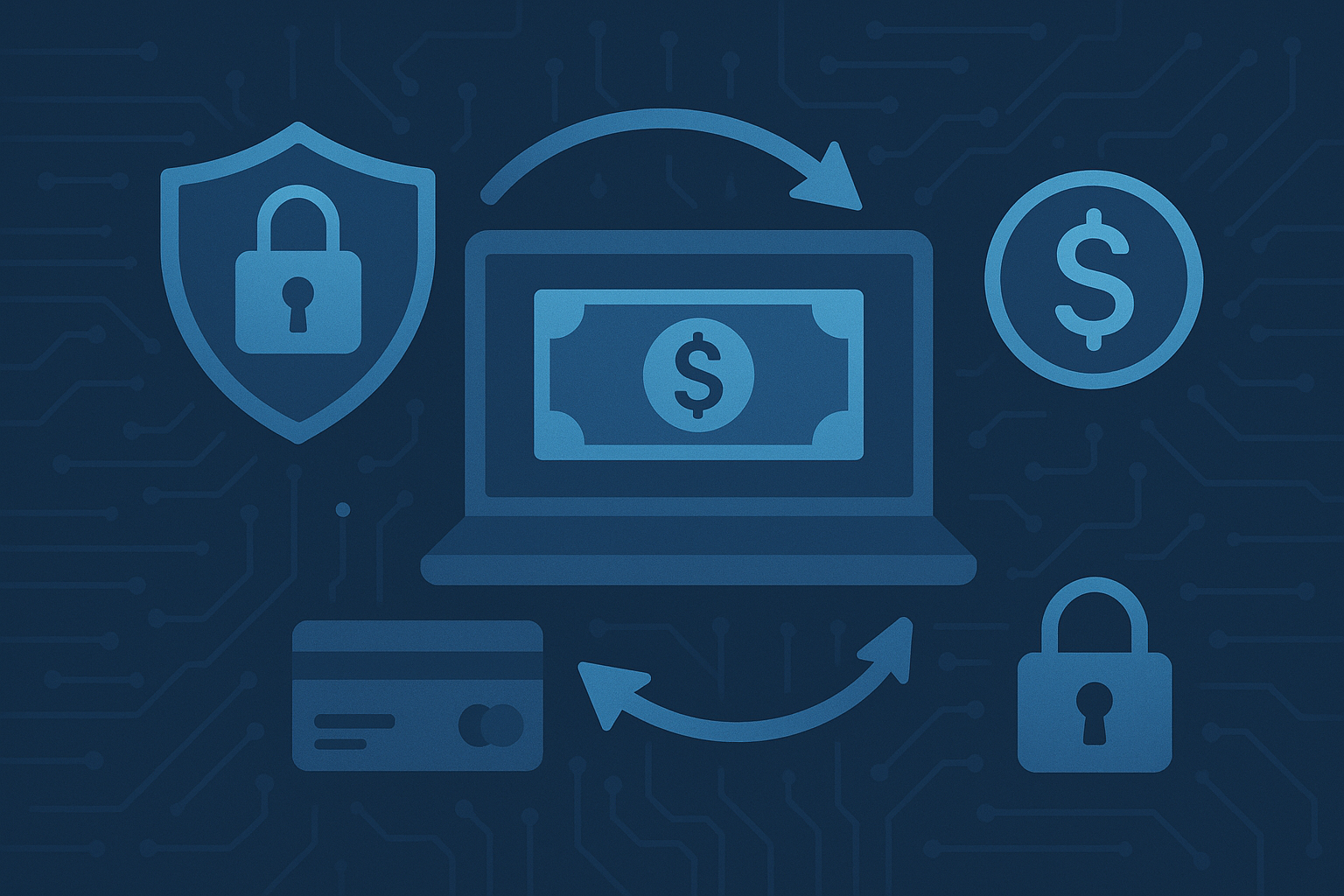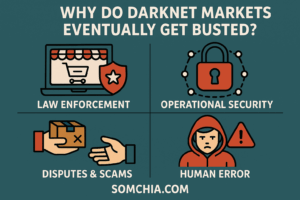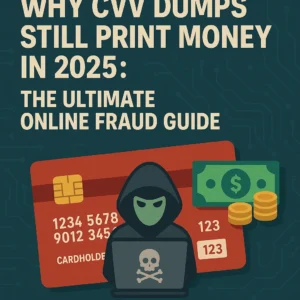Introduction
In today’s digital age, the allure of money transfer hacker services offering unlimited funding has become a hot topic on underground forums and dark web marketplaces. But what exactly are these services, how do they operate, and what risks do they carry? This article dives deep into the secretive world of money transfer hacking, exposing the mechanisms behind these illegal operations and why people seek them out.
What Are Money Transfer Hacker Services?
Money transfer hacker services are illicit operations where cybercriminals claim to provide unauthorized access to bank transfers, payment gateways, and financial accounts. Their goal? To siphon or generate unlimited funding by exploiting vulnerabilities in banking systems, payment processors, or peer-to-peer transfer platforms.
These services typically advertise capabilities such as:
-
Intercepting wire transfers
-
Manipulating payment processors like PayPal, Western Union, or SWIFT
-
Hacking into bank accounts to initiate transfers
-
Providing prepaid card top-ups with hacked funds
Such services often appear on darknet markets and hacker forums where customers can buy “unlimited funding” packages or pay per transaction.
How Do Money Transfer Hacker Services Work?
Exploiting Payment Systems
Hacker groups leverage sophisticated techniques including:
-
Man-in-the-Middle (MitM) attacks: Intercepting legitimate bank transfer requests and altering recipient details.
-
Credential stuffing and phishing: Gaining access to victims’ online banking accounts to initiate transfers.
-
Payment gateway vulnerabilities: Exploiting flaws in services like PayPal or Skrill to create fake transactions or load funds.
-
Social engineering: Manipulating insiders or customers to approve fraudulent transfers.
Using Stolen Financial Data
These hackers often pair money transfer manipulation with stolen financial credentials such as:
-
Credit card dumps and CVV data
-
Fullz (full identity information)
-
Bank login credentials
By combining these stolen assets with transfer hacking, criminals maximize their chances of successfully moving large sums undetected.
Why Do People Use Money Transfer Hacker Services?
-
To fund illicit activities without a trace
-
To launder money from fraud and theft
-
To exploit system weaknesses for personal financial gain
-
To access seemingly “unlimited” funds that traditional banking would never allow
Risks and Legal Consequences
Engaging with money transfer hacker services is highly illegal and carries serious risks:
-
Severe criminal charges including wire fraud, identity theft, and money laundering.
-
Financial loss if services are scams or lead to tracing by law enforcement.
-
Account seizures and asset freezes by banks and authorities.
-
Risk of exposure to hackers themselves, who may steal from their own customers.
Many law enforcement agencies, such as the FBI’s Cyber Crime Division, aggressively pursue perpetrators and customers alike.
Protect Yourself: Tips to Avoid Falling Victim
-
Never share your banking credentials or personal info with unknown services.
-
Use multi-factor authentication (MFA) on all financial accounts.
-
Monitor your accounts regularly for suspicious activity.
-
Avoid engaging with any “too good to be true” unlimited funding offers.
-
Report suspicious sites or contacts to local cybercrime authorities.
For further reading on how to protect your financial data, check out resources from the Cybersecurity & Infrastructure Security Agency (CISA).
Conclusion
While money transfer hacker services promise unlimited funding, they operate outside the law and involve extreme risks. The technical methods used to exploit payment systems, combined with stolen financial data, create a dangerous and illegal ecosystem. Anyone considering these services faces potential criminal charges and financial ruin. The safest way to secure your money is through legitimate channels and strong cybersecurity hygiene.
Related Resources




